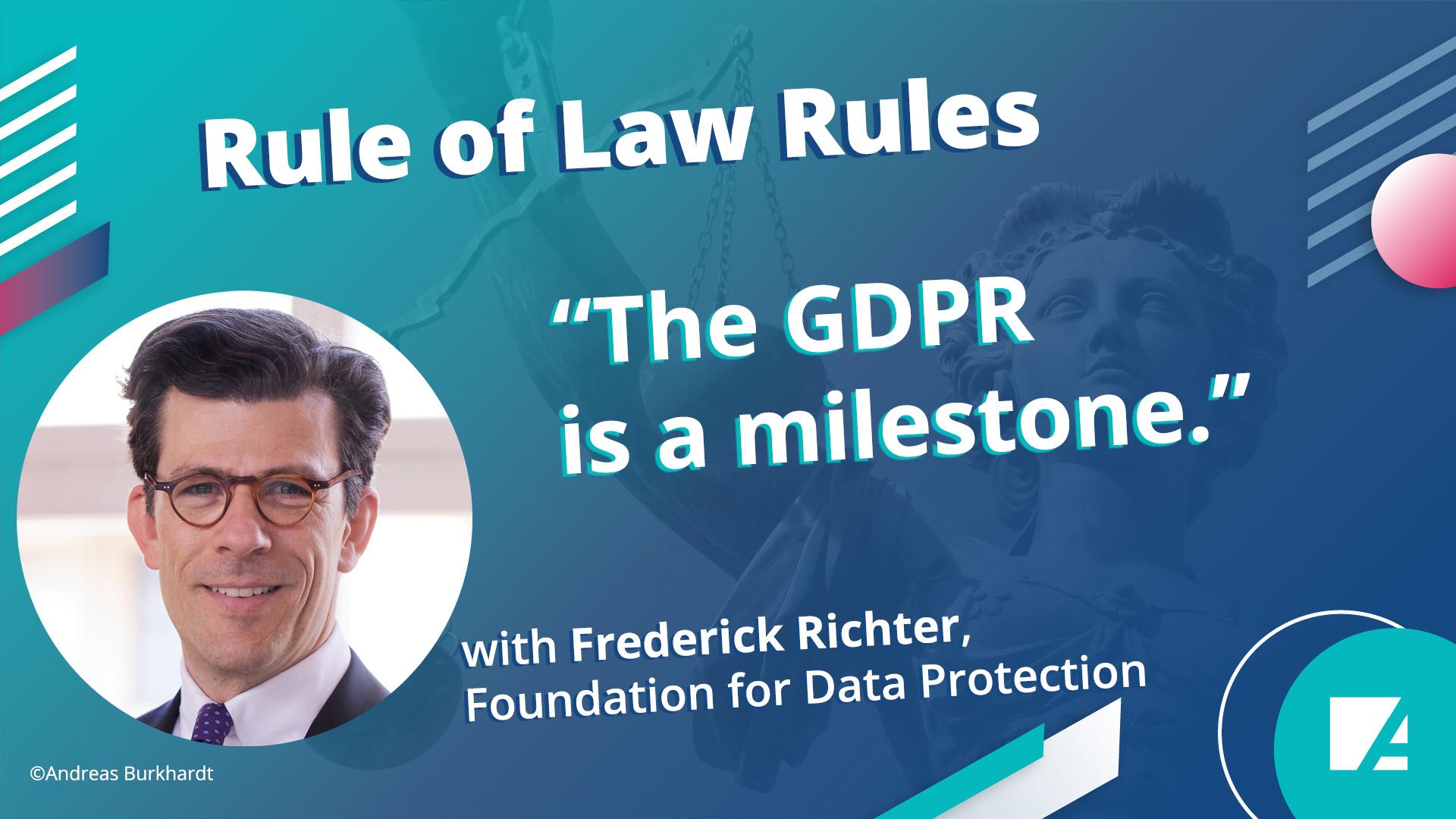Asset-Herausgeber
Asset-Herausgeber
Asset-Herausgeber
comment-portlet
Asset-Herausgeber
Mediathek
Bitte klicken Sie hier, um die Inhalte anzuzeigen.
Oder passen Sie Ihre Cookie-Einstellungen unter Datenschutz an.A Closer Look: The New Tunisian Draft Constitution
A Closer Look: The New Tunisian Draft Constitution
On the 25th July 2022 Tunisia will be voting on a new draft constitution. What can we expect? We asked the experts: Prof. Salsabil Klibi, Saïd Bernabia and Dr. Malte Gaier.
Jetzt lesen
Rule of Law Rules Podcast
#3: Eduardo Magrani über Datenschutz in Lateinamerika
Mit Eduardo Magrani sprechen wir über die DSGVO und ihren Einfluss auf die lateinamerikanische und vor allen die brasilianische Gesetzgebung.
Jetzt lesen
Rule of Law Rules Podcast
#2: Ioana Stupariu über den Einfluss der DSGVO in Südosteuropa
Ioana Stupariu berät kleine und mittelständische Start-ups in Südosteuropa bei der Implementierung von Datenschutzrichtlinien. Und sie forscht zu Datenschutz & Privacy.
Jetzt lesen
Rule of Law Rules Podcast


